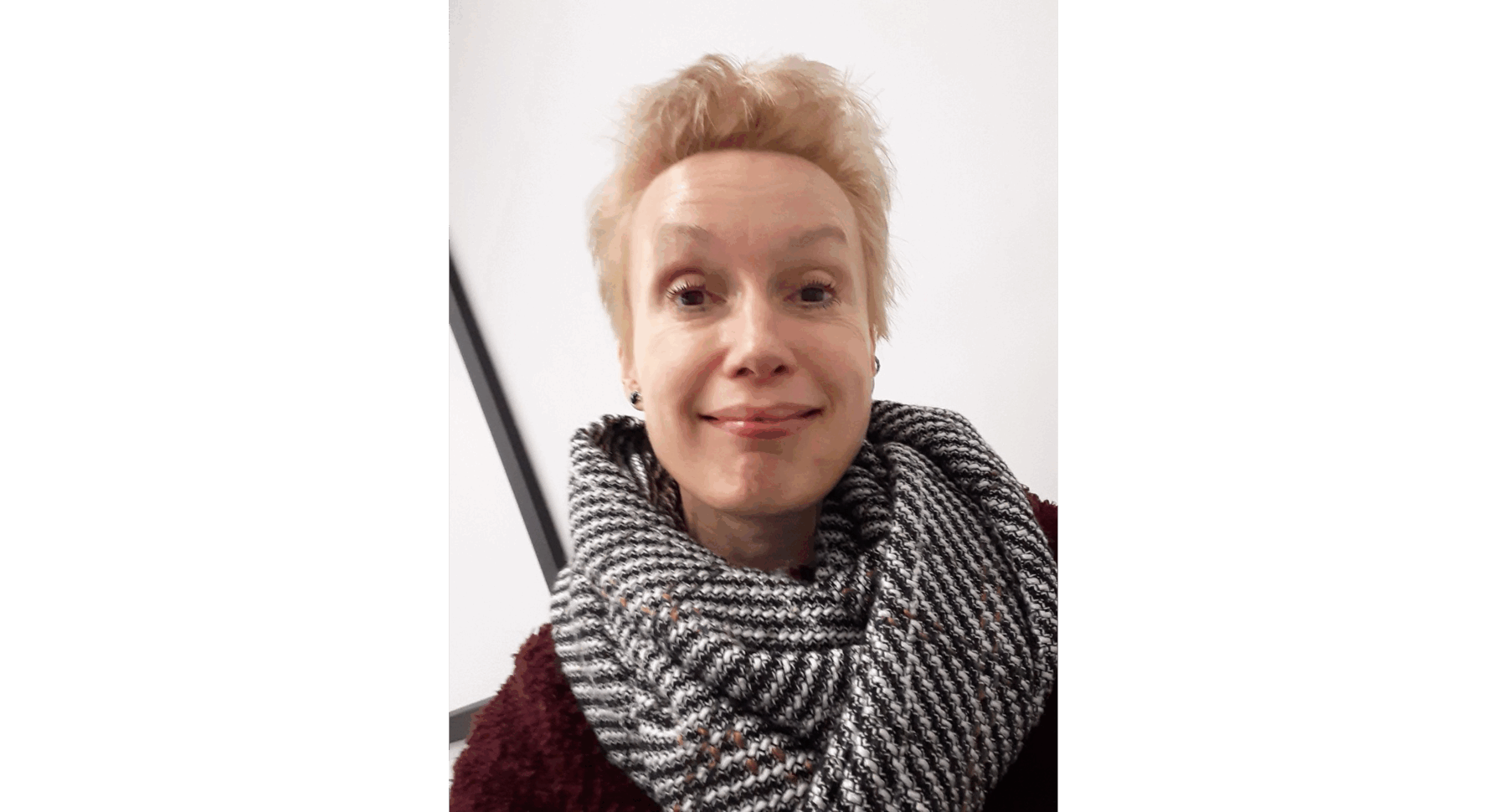Professor Wendy Sims-Schouten was conferred to the Fellowship of the Academy in autumn 2025. She is Head of Arts and Sciences and Professor of Interdisciplinary Psychology at University College London (UCL) and is a Chartered Member of the British Psychological Society and Principal Fellow of the Higher Education Academy.

Professor Wendy Sims-SchoutenFAcSS
Wendy is a discursive psychologist with an interest in marginalised, disadvantaged and displaced voices, narratives and stories in relation to mental health, wellbeing and ‘eclectic resilience’ (including resistance and defiance). Her interdisciplinary research (historic and contemporary), which spans over 20 years, is centred around counter-voices and coproduction with care-experienced young people, refugees, migrants and members from minority ethnic communities, in national and international contexts (including in England, Scotland, Netherlands, Egypt, Canada and Indonesia). She has also researched issues around racist bullying, as well as mental health literacy in higher education. Her work has been funded by the Wellcome Trust, Research England, NIHR, as well as charities and Local Councils.
Wendy’s research has informed mental health, wellbeing and social care practices with care experienced young people and families from minority ethnic communities in national and international contexts. She is Chair of the Editorial Board for the international and interdisciplinary journal Children & Society, and she has provided CPD-accredited sessions on child mental health for UK charities, such as the Children’s Society. In addition, Wendy has worked with the police, providing advice and delivering training around hate crime and resilience.
As Head of UCL Arts and Sciences, Wendy leads a department that is the home of a new wave of liberal arts and sciences degrees combining arts and humanities, including arts practice, with social sciences and the sciences. Previously she has held posts as Reader in Childhood Studies and Director of Postgraduate Studies, as well as Associate Head Research & Innovation, Research Fellow, Lecturer and Tutor at various universities, including the University of Portsmouth, the University of Bath, Goldsmiths University of London and the University of Tampere (Finland).
Why do the social sciences matter?
As a transdisciplinary concept, the social sciences go beyond traditional disciplinary boundaries to foster a more holistic and integrated understanding of social phenomena. This matters because the most pressing challenges facing society, such as the climate crisis, inequality and mental health, to name a few, are multifaceted and not confined to a single discipline. Through integrating and leading on diverse perspectives, the social sciences facilitate communication and collaboration between researchers from different fields, fostering a culture of dialogue and mutual learning. Social scientists are instrumental in informing and spearheading the development of new theories, methods, and research questions, pushing the boundaries of knowledge, fostering innovation and improving practice.
What inspires you about your work?
The short answer is because I want to change the world and to do that we should listen to children from diverse backgrounds. What inspires and motivates me most is working with the community, whether charities, schools or museums. Since becoming a Head of Department in 2024 I have had less time for research and I am very keen to pick up the collaborative projects and community work again as soon as I can.
What is the most urgent issue social scientists need to tackle today and within the next three years?
There are a number of core areas that social scientists need to engage with, such as tackling the rapid technological changes and increasing integration of AI in all areas of life, and the need to assess societal implications of AI. The climate crisis is another important area.
Yet, for me, the most urgent area is the growing injustice and erosion of human rights taking place across the globe. For example, as of April 2025, the number of forcibly displaced people in the world has reached a staggering 122 million, a number that has nearly doubled in the last decade! As such, social scientists, as well as academics from other disciplines, should collaborate to understand and tackle the rise in injustice and the declining protection of human rights for various groups across the globe – a fundamental concern that requires immediate attention.
What does being a Fellow of the Academy of Social Sciences mean to you?
For me being a Fellow of the Academy of Social Sciences means being part of a platform of experts, to share research, influence policy and practice and, most of all, advocate for systemic changes that improve people’s lives!